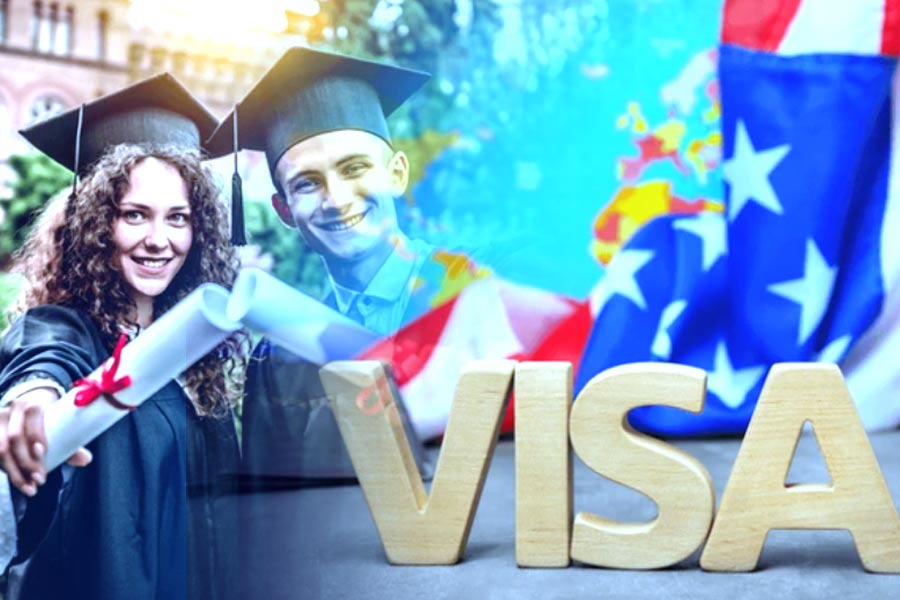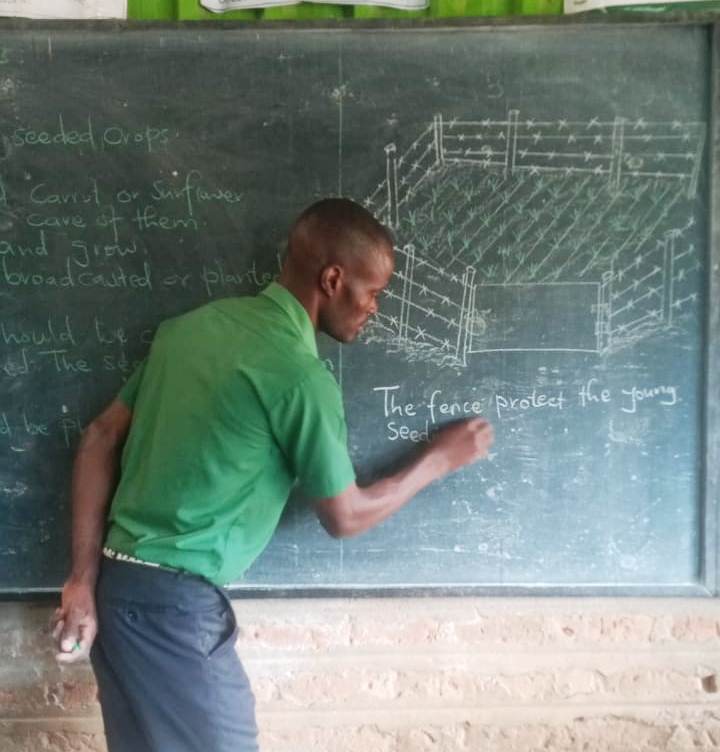Thousands of Kenyan students aiming to attend universities in the United States have been left in uncertainty following the Trump administration’s decision to halt new visa interviews for foreign students.
This move comes shortly after the US withdrew Harvard University’s authorization to admit foreign students under the Student and Exchange Visitor Program (SEVP).
Although a US federal court temporarily stopped the decision, US Secretary of State Marco Rubio later instructed American embassies abroad to cease scheduling new visa interview appointments for students and exchange visitors. The immediate suspension aims to broaden the scope of social media screening for visa applicants in the F, M, and J categories.
A memo cited by Reuters states the US Department of State is “conducting a review of existing operations and processes for screening and vetting of student and exchange visitor visa applicants,” with plans to enforce new regulations that involve enhanced social media scrutiny.
ALSO READ:
“Consulate sections should not add any additional student or exchange visitor visa appointment capacity,” the memo states.
Data from the Open Doors Report on International Educational Exchange shows that the number of Kenyan students in the US has consistently grown over the past eight years. Between 2016 and 2024, the population rose by more than 40%, reaching a peak of 4,507 students in the 2023/24 academic year. Back in 2016/17, there were just over 3,100 Kenyan students enrolled in US institutions. That figure steadily increased, around 3,300 in 2017/18, 3,450 in 2018/19, and 3,700 in 2019/20.
Despite the impact of the COVID-19 pandemic, the numbers remained strong, with 3,502 students in 2020/21 and 3,799 in 2021/22. By 2022/23, enrolment surpassed 4,000, reaching 4,059. The most recent statistics for 2023/24 confirm a new record of 4,507 Kenyan students currently in the US.
The suspension of visa processing affects more than just the students. According to the Association of International Educators, international students added over $40 billion to the US economy in 2023, with Kenyan students contributing a significant portion.
ALSO READ:
Prof Anangwe’s long night of knives, ended his tenure as UoN Council Chair
The freeze could disrupt scholarship timelines, affect campus preparations for incoming international students, and heighten stress for families who have invested years of savings into education plans.
Education counsellors in Nairobi have already noticed consequences such as postponed admissions, travel uncertainties, and increased emotional strain among students.
“We’ve seen a wave of panic. Students don’t know whether to accept offers, defer, or apply elsewhere,” said Esther Wanjiru, an international education consultant.
On May 23, the Trump administration announced that Harvard University’s certification under the Student and Exchange Visitor Program was revoked. A statement from the US Department of Homeland Security ordered the termination of Harvard’s Student and Exchange Visitor Program (SEVP) certification.
ALSO READ:
KESSHA decries inconsistent amounts, delay release of capitation to schools
As a result, Harvard can no longer admit new foreign students, and those currently enrolled must transfer or risk losing their legal status.
By Cornelius korir






